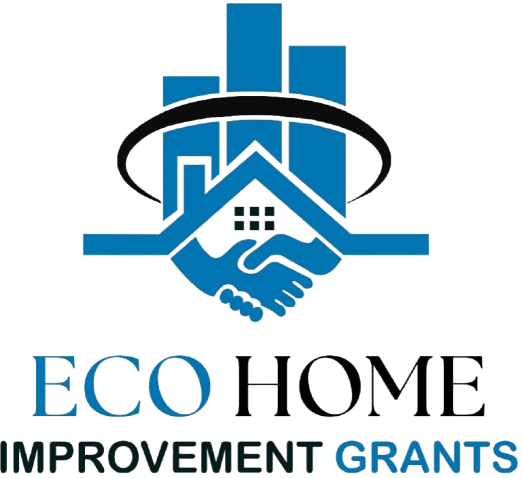Increased Efficiency
Increased Efficiency: Unlocking Your Potential
In today’s fast-paced world, the quest for increased efficiency is more relevant than ever. Whether in personal life or professional environments, achieving higher efficiency can lead to significant improvements in productivity, time management, and overall success. This comprehensive exploration of increased efficiency delves into various aspects that contribute to optimizing performance and achieving better results.
Understanding Efficiency
Efficiency, at its core, refers to the ability to accomplish a task or achieve a goal with the least amount of wasted time, effort, and resources. It’s not just about working harder but working smarter. By refining processes and strategies, individuals and organizations can achieve their objectives more effectively, minimize waste, and maximize output.
The Role of Technology
Technology plays a pivotal role in enhancing efficiency. Innovations such as automation tools, project management software, and data analytics have revolutionized the way we approach tasks. Automation can handle repetitive and mundane tasks, freeing up valuable time for more strategic activities. Project management tools streamline workflows, facilitate collaboration, and ensure that deadlines are met. Data analytics provides insights into performance metrics, helping to identify areas for improvement and optimize decision-making.
Time Management Strategies
Effective time management is crucial for increasing efficiency. By prioritizing tasks, setting clear goals, and utilizing time management techniques such as the Pomodoro Technique or Eisenhower Matrix, individuals can focus on high-impact activities and reduce procrastination. Creating a structured schedule and breaking tasks into manageable steps can also lead to more efficient work habits and better utilization of time.
Process Optimization
Process optimization involves analyzing and improving existing workflows to enhance efficiency. This can include streamlining procedures, eliminating unnecessary steps, and implementing best practices. Techniques such as Lean and Six Sigma focus on reducing waste, improving quality, and increasing productivity. By continuously assessing and refining processes, organizations can achieve higher levels of efficiency and deliver better results.
Empowering Teams
Increased efficiency is not solely about individual performance; it also involves empowering teams. Effective communication, clear roles and responsibilities, and fostering a collaborative environment contribute to better team dynamics and productivity. Providing employees with the right tools and resources, along with opportunities for skill development, can enhance their efficiency and overall contribution to organizational goals.
The Impact on Personal Development
On a personal level, increased efficiency can lead to improved work-life balance and personal satisfaction. By adopting efficient practices, individuals can accomplish more in less time, allowing for a more balanced and fulfilling life. Additionally, developing efficient habits can lead to greater self-discipline, motivation, and a sense of accomplishment.
Conclusion
Increased efficiency is a multifaceted concept that encompasses technology, time management, process optimization, team empowerment, and personal development. By focusing on these areas, individuals and organizations can unlock their full potential, achieve their goals more effectively, and experience greater success. Embracing efficiency as a core principle can lead to transformative improvements in productivity and overall quality of life.
